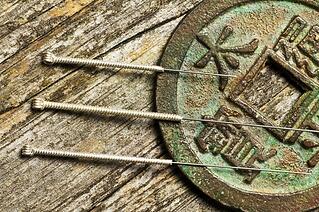Menu
- SITCM Overview
- Prospective Students
- Current Students
- Alumni
- Teaching Clinic
You hear of acupuncture and Tai Chi. Maybe you’ve tried an over-the-counter herbal remedy for the common cold or overheard discussions about Chakra alignment and Qi flow. Perhaps it’s time to really delve into these topics, to read about the studies in human well-being that back them up, and to engage with your own body and mind at a level you never thought possible.

Too often in Western medicine, doctors overlook the root, cause of a health problem by focusing treatment on the
symptom. It is one of the most common complaints about a doctors visits. You sign in, strip down, take a deep breath, talk to the nurse for two minutes, and take home another prescription.
The product of ancient Chinese philosophy, TCM applies a Taoist perspective to physical as well as psychological health problems. Rather than viewing each ache and pain as an independent symptom of a disconnected problem, it views the body as a whole organism, a microcosm of the larger universe.
“Traditional Chinese Medicine obviously is a very holistic approach to promoting human health and has been used for over 2000 years,” Julie Owens, Global Institute of Traditional Medicine Director, toldNews Medical Life science.
For a good reason, TCM is part of ongoing research into treatment for everything from diabetes to breast cancer. Its focus on addressing the inner manifestations of external illness to include energy, toxins and pathogens, tension, herbal remedies, massage, and breathing has proven time and again to ease the pain of millions of patients across the globe.
To learn more about TCM, contact us today, or check out our blog to read the latest news and views in the ever-growing field TCM!
Download our free guide – Studying Traditional Chinese Medicine: